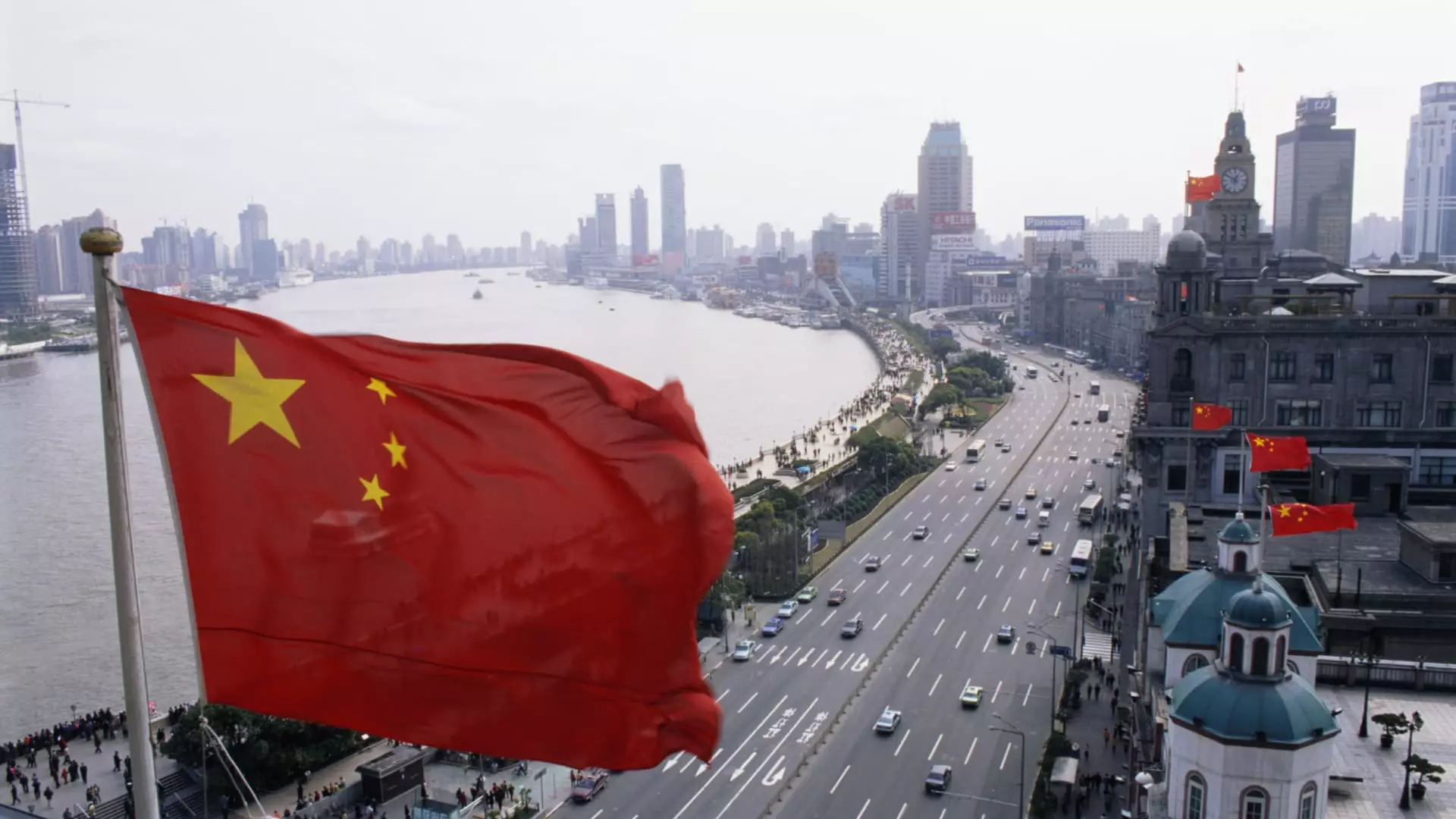The recent surges in Asia-Pacific markets may feel like a momentary breath of fresh air for investors, but this fleeting optimism is built on shaky ground. As U.S. President Donald Trump announced a temporary halt on tariffs for certain consumer electronics, the immediate market response was one of euphoria. Notably, Japan’s Nikkei 225 index climbed by 1.37%, while the broader Topix index grew by 1.41%. South Korea’s Kospi and small-cap Kosdaq indices also saw gains, yet it’s crucial to ask whether this uptick is truly a sign of recovery or simply a short-lived rebound in an otherwise precarious landscape.
Despite the apparent positivity, one cannot ignore the broader implications of Trump’s decision. The exemptions on smartphones, computers, and crucial semiconductors seem to be a strategic maneuver designed to placate consumers and industries reliant on these technologies. While these initial moves may spark enthusiasm, they come with the burden of uncertainty as Trump hinted that these exemptions might not be permanent. This specter of future increases casts a long shadow across the market, indicating that this isn’t a solution but rather a bandage on a wound that continues to fester.
The Underlying Risks of Uncertainty
As the trade war with China and negotiations with other Asian nations ensue, one must question the sustainability of this rally. Although the immediate response from markets may suggest relief, the reality is that President Trump’s approach is laden with ambiguity. His assertion on social media regarding the “20% Fentanyl Tariffs” and their implications only deepens the confusion. Is this a tactical shift to mitigate backlash domestically, or a sign that the administration is grappling with the fallout of their trade policies?
Additionally, the fact that Indian markets remained closed during this flurry of activity raises eyebrows. The absence of India’s participation in the market could suggest a deep-rooted apprehension about engaging with a U.S. trade policy characterized by unpredictability. As Trump prepares to engage in trade discussions with nations such as Vietnam, India, South Korea, and Japan, skepticism looms large. Negotiating from a position of strength can be beneficial, but what happens when the other side is wary of permissible trust?
Strategic Alliances Amidst Trade Tensions
Japan’s anticipated discussions with the U.S. trade representatives represent a microcosm of the broader geopolitical landscape. These nations are not merely negotiating tariffs; they are recalibrating their positions within a global framework often dictated by U.S. whims. This focus on strategic alliances to counter Chinese influence sounds pragmatic, yet it often leads to an unhealthy reliance on an unpredictable partner. Given the critical nature of global supply chains, the fragility of this alliance becomes concerning.
In a world that craves stability, Trump’s transactional approach seems to favor short-term gains over long-term alliances. While market gains are celebrated, the repercussions of a faltering global trade landscape can be devastating. As global actors continue to engage in negotiations that feel more like high-stake poker games rather than constructive dialogue, it’s essential for those invested in these markets to remain vigilant. The thrill of each marginal gain may dull the instinct to react appropriately when the tides inevitably turn—signaling a crash that could resonate across the globe.


Leave a Reply